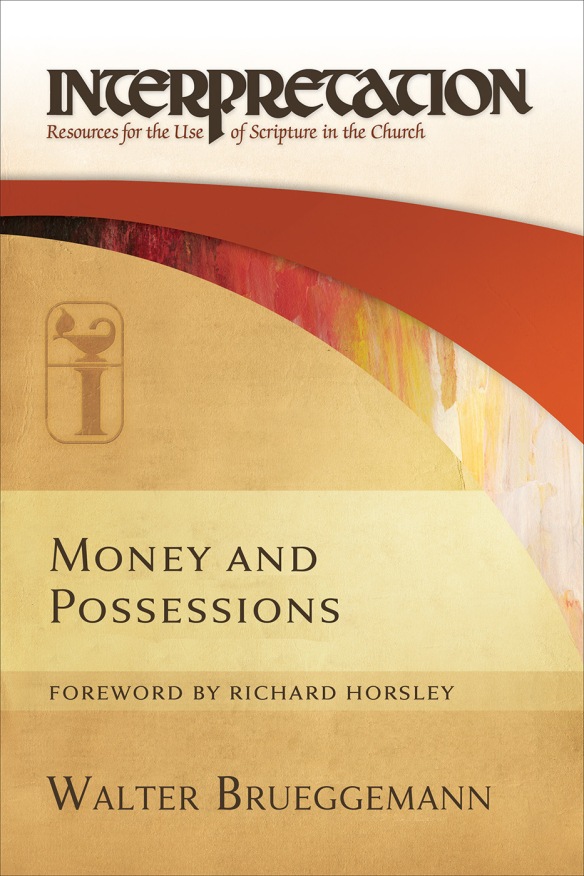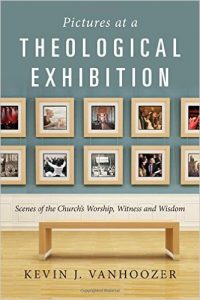Acedia
Over the centuries, Christians everywhere have experienced an apathy of body, mind, and spirit. From the monk who keeps checking the time until the day is over to the college student who aimlessly surfs the internet all day, this apathy can affect anyone, regardless of their spiritual maturity.
This spiritual and physical apathy is called acedia. Acedia isn’t quite depression, as there are a few differences. Some might call it a “spiritual desert,” but it feels deeper than that. First, acedia is a distinct lack of feeling anything. There’s no happiness, no sadness, no anger – just apathy, about everything. Second, there’s no apparent cause. With depression, a cause – either biology or trauma – can be found. The person who suffers from acedia doesn’t care about anything, doesn’t care that he doesn’t care, and often doesn’t care to find a solution.


